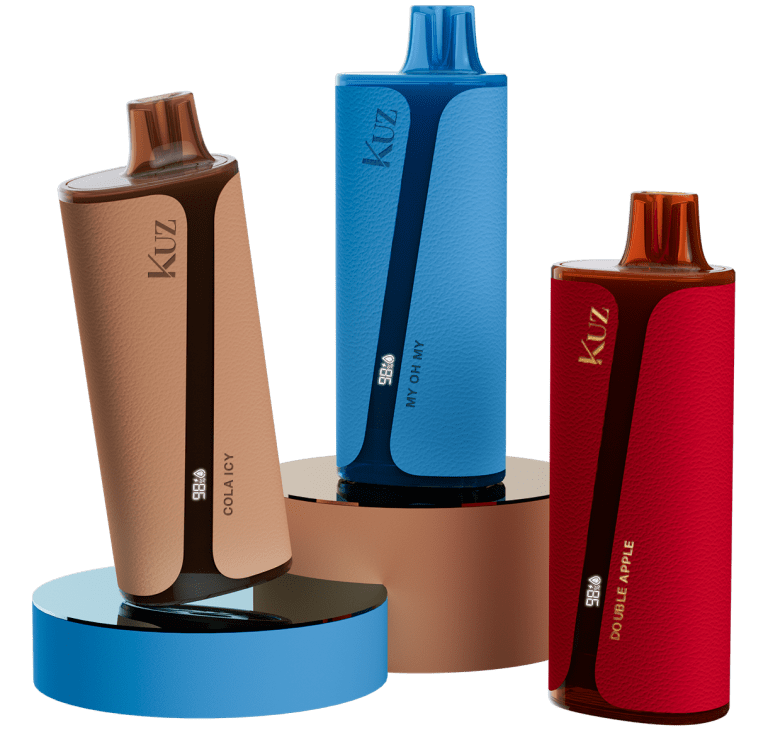Vaping has become increasingly popular in recent years, but it poses unique challenges when staying in hotels. With strict no-smoking policies in place, many travelers wonder if hotels can detect vaping and what the potential consequences might be. This article explores the various ways hotels can identify vaping and offers tips on how to stay within the rules to avoid fines or penalties.
Can Hotels Detect Vaping?
Yes, hotels can detect vaping, and they use a variety of methods to do so. While traditional smoke detectors may not always pick up vapor, many hotels have upgraded to more sophisticated sensors designed specifically to detect particles from e-cigarettes and vaporizers. These vape detectors are often sensitive enough to distinguish between smoke and vapor, triggering alerts to hotel management if vaping is detected.
In addition to electronic detection, hotel staff are trained to identify signs of vaping. Residue from vapor can leave a sticky film on surfaces, and the distinct smell of flavored e-liquids can linger in rooms long after you’ve checked out. Even if your device produces minimal vapor, the lingering odor can be a giveaway, leading to additional cleaning fees or fines.
Potential Consequences of Vaping in Hotels
Vaping in a hotel room where it’s prohibited can lead to serious consequences. Fines are common, with some hotels charging hundreds of dollars for violations of their no-smoking policies. In extreme cases, vaping can result in eviction from the hotel, and in certain jurisdictions, there may even be legal implications, especially if vaping is treated similarly to smoking under local laws.
Hotels are increasingly vigilant about enforcing their no-smoking and no-vaping policies to ensure the comfort and safety of all guests. In addition to fines, some hotels may charge extra for cleaning or require you to pay for any damages caused by vaping, such as residue on surfaces or lingering odors that necessitate deep cleaning.
How to Avoid Getting Caught
If you’re staying at a hotel and are tempted to vape, it’s crucial to understand the risks and take steps to avoid detection. The safest option is to abide by the hotel’s policies and only vape in designated areas. If vaping is prohibited in your room, consider using devices that produce minimal vapor or avoid vaping indoors altogether.
For those who choose to vape in their rooms despite the risks, there are a few strategies that might reduce the chances of getting caught, though none are foolproof. Blowing vapor towards an open window or air conditioning vent can help dissipate it more quickly, reducing the likelihood of triggering alarms. However, these methods carry risks, including fines or even legal action if you’re caught tampering with smoke detectors or other safety equipment.
Respecting Hotel Policies
Ultimately, the best way to avoid any issues is to respect the hotel’s policies regarding vaping and smoking. Before booking your stay, check the hotel’s rules on vaping, and when in doubt, ask the staff for clarification. Most hotels have clear guidelines that are communicated at check-in, and violating these can result in significant penalties.
Vaping in a hotel room might seem like a minor infraction, but the potential consequences can be severe. By understanding how hotels detect vaping and taking steps to comply with their policies, you can ensure a stress-free and enjoyable stay.



